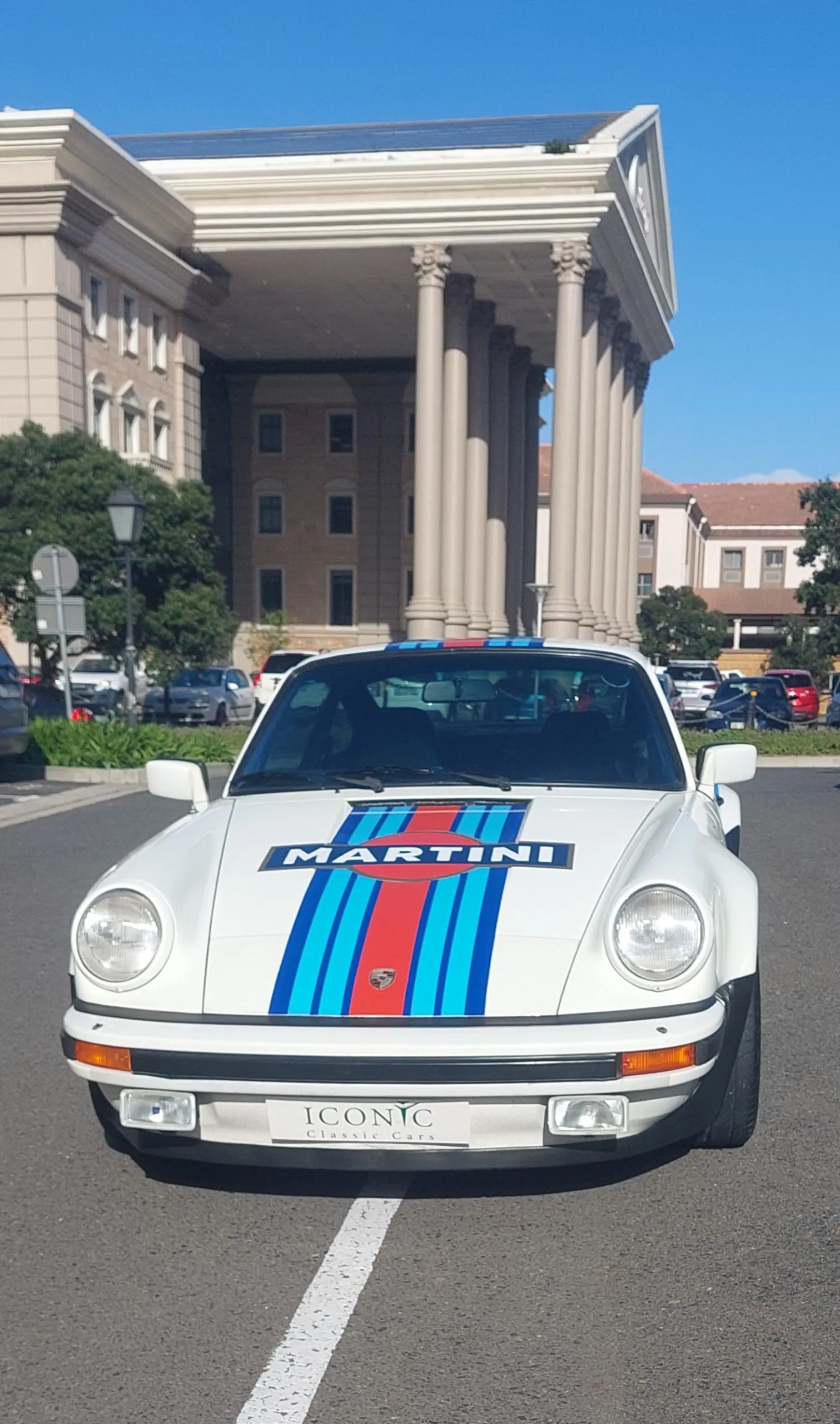Diecast Cars Cape Town Top 7 Facts!
Diecast cars have captured the hearts of collectors and enthusiasts in Cape Town and around the globe. These miniature replicas of real-life automobiles offer a unique blend of nostalgia, craftsmanship, and investment potential. From vintage classics to modern marvels, the world of diecast cars in Cape Town is vibrant and diverse. This article delves into the fascinating realm of diecast cars, providing a comprehensive guide for both seasoned collectors and newcomers alike. Discover the history, brands, values, and the thriving community that makes Cape Town a prime location for diecast car enthusiasts. Get ready to explore the world of miniature automobiles and uncover why these collectibles continue to fascinate.
The History of Diecast Cars
The history of diecast cars is a journey through technological advancements and evolving collector interests. The earliest diecast cars emerged in the early 20th century, initially created as toys. These early models, often made of lead or tin, were relatively crude but served their purpose of entertaining children. Over time, the manufacturing process improved, and diecast cars became more detailed and realistic. World War II significantly impacted the industry, as metal was rationed, and production slowed. After the war, the industry experienced a resurgence with new materials and manufacturing techniques. The evolution reflects not only the toy industry’s development but also the changing tastes and interests of collectors, which contributed to their rise to popularity.
Early Diecast Car Manufacturers
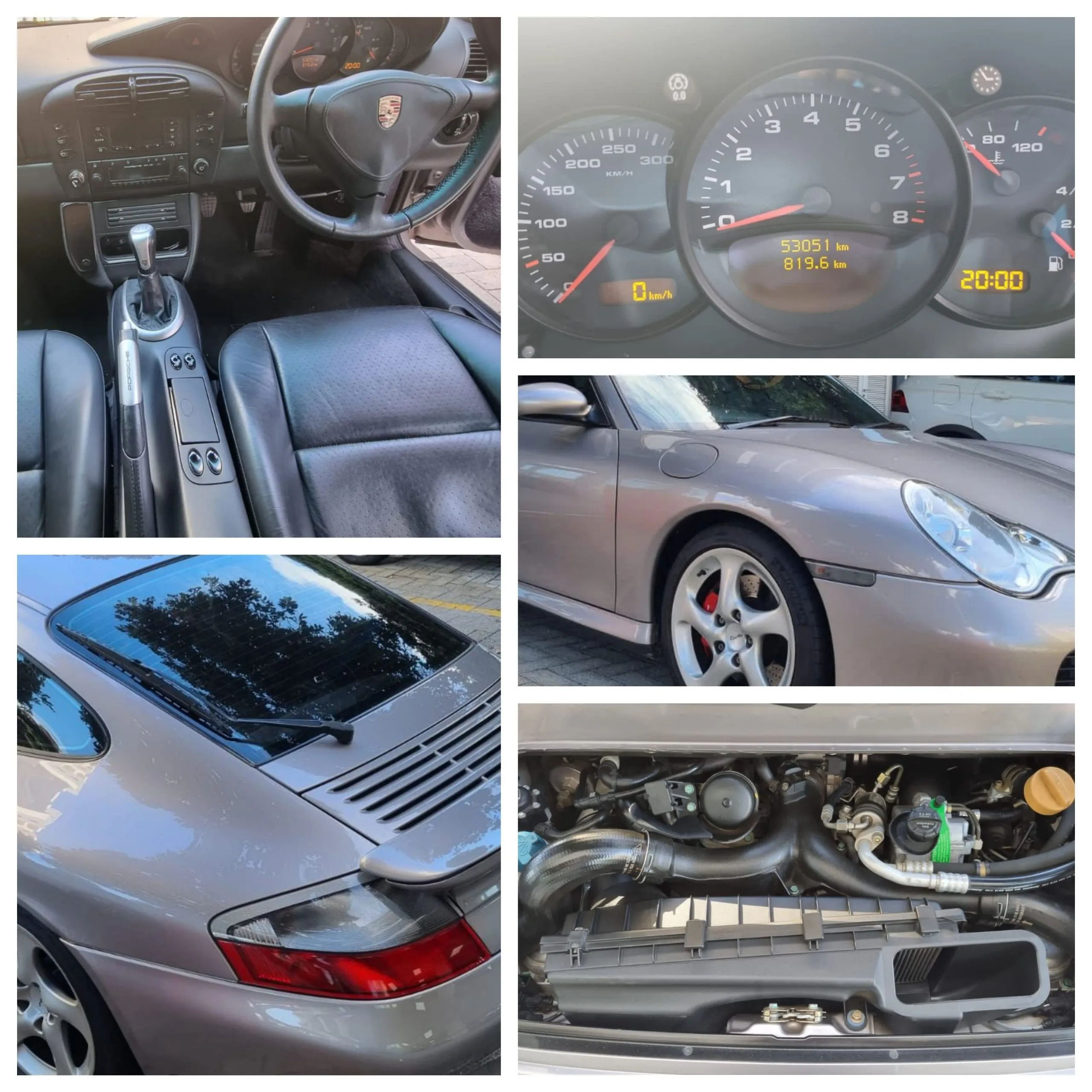
Pioneering manufacturers played a crucial role in shaping the diecast car industry. Companies like Dinky Toys and Corgi Toys in the United Kingdom, and Tootsietoy and Hubley in the United States, were among the first to produce diecast models on a large scale. These manufacturers initially focused on creating sturdy, durable toys for children. However, they gradually began to incorporate greater detail and accuracy, responding to the growing demand for more realistic models. The early manufacturers laid the foundation for the industry, creating a market for diecast cars and setting the standards for quality and design. These early brands are still highly sought-after by collectors today, representing a significant part of diecast car history.
The Evolution of Diecast Car Materials
The materials used in diecast car production have evolved significantly over the years. Initially, diecast cars were made from lead or zinc alloys, which were cost-effective but lacked durability and detail. With advancements in metallurgy, manufacturers switched to zinc-based alloys, which offered better detail and strength. Later, aluminum and other metals were introduced, enhancing the overall quality and appearance of the models. The shift in materials reflects advancements in manufacturing technology and the increasing desire for greater realism and detail. The choice of materials impacts the final product’s weight, durability, and visual appeal. Modern diecast cars often combine metal bodies with plastic and rubber components for added realism and functionality.
Popular Diecast Car Scales
Diecast cars come in various scales, each representing a different proportion of the real-life vehicle. The scale of a diecast car refers to the ratio between the model’s size and the size of the actual car. Common scales include 1:18, 1:24, 1:43, and 1:64. Each scale offers a different level of detail and display space. The choice of scale often depends on personal preference and the available space for displaying the collection. Larger scales, such as 1:18, provide more detail and are popular among serious collectors. Smaller scales, such as 1:64, are more compact and suitable for displaying a larger collection. The scale of a diecast car plays a crucial role in the overall collecting experience, influencing the model’s visual appeal, and the space required for storage.
Common Diecast Car Scales Explained
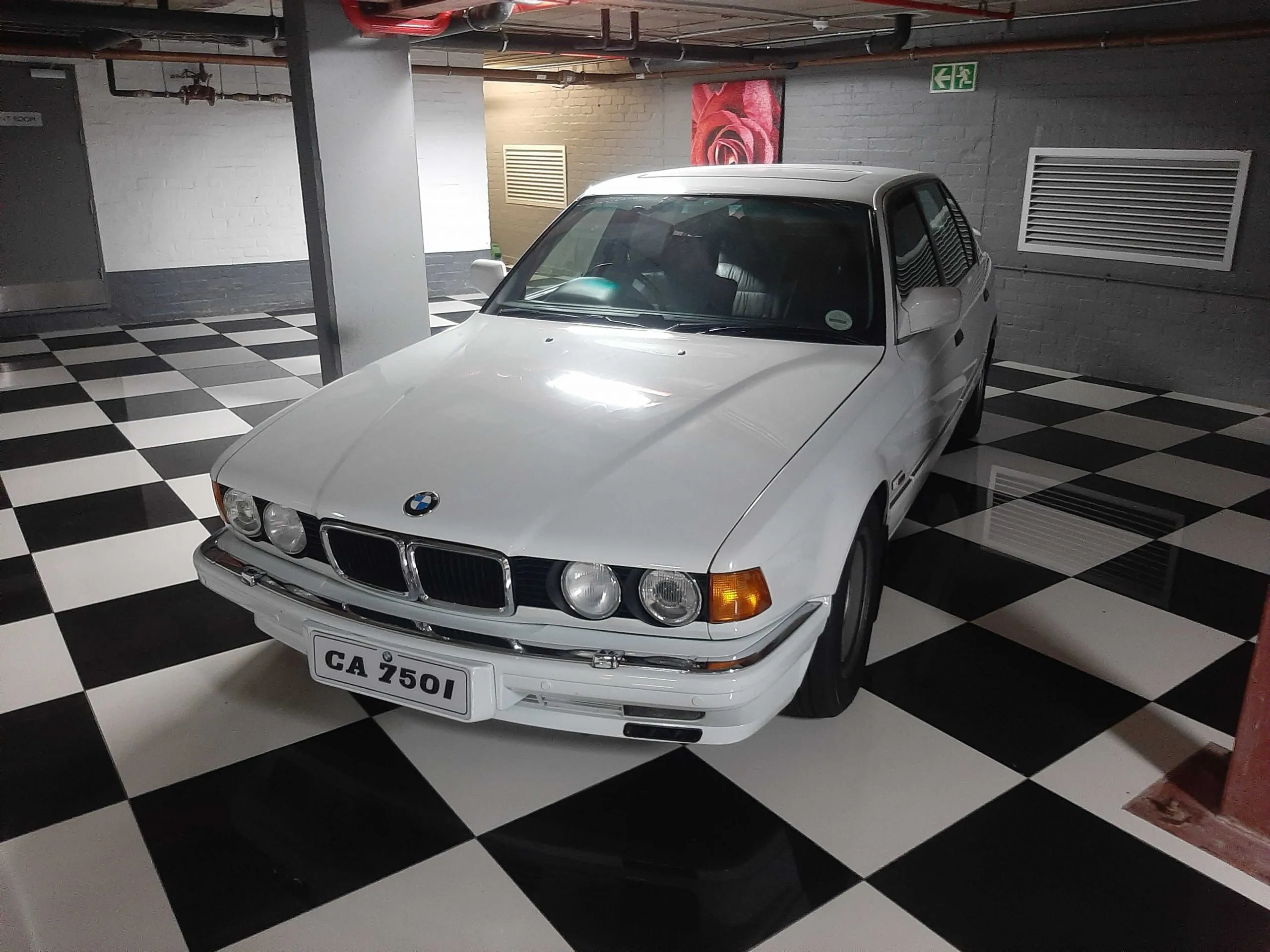
Understanding the different scales is essential for any diecast car enthusiast. The most popular scales include 1:18, which means that the model is 1/18th the size of the actual car. These models offer a high level of detail and are often preferred by collectors looking for realism. 1:24 scale models are also popular, offering a balance between detail and size. These models are often displayed in collections and are frequently more affordable. 1:43 scale models are more compact, making them ideal for those who wish to collect a larger number of models without requiring excessive display space. 1:64 scale models are the smallest and most common, often associated with toy cars but appreciated by collectors for their affordability and variety. Each scale provides a different perspective and collecting experience.
Choosing the Right Scale for You
Choosing the right scale is a personal decision that depends on individual preferences and collecting goals. Collectors should consider factors like available display space, budget, and desired level of detail. If space is limited, smaller scales like 1:43 or 1:64 might be the best option. For those who want high levels of detail and don’t mind larger models, 1:18 scale is an excellent choice. Budget plays a significant role, as larger-scale models often cost more. Collectors should also consider the availability of models in their preferred scale and the types of vehicles they wish to collect. Trying a variety of scales can help collectors determine which ones best suit their needs and collecting interests. The ideal scale balances the collector’s desires with practical considerations.
Top Diecast Car Brands in Cape Town
Cape Town boasts a diverse selection of diecast car brands, each with its own unique strengths and appeal. Some of the most popular brands among collectors include Hot Wheels, known for their extensive range and affordable prices, and Matchbox, which has a long history and offers a wide variety of vehicles. Premium brands like Autoart and Minichamps are popular for their high level of detail and realistic designs. Other brands include Kyosho, known for its meticulous attention to detail and high-quality finishes, and Bburago, which provides a good balance between price and detail. These brands offer collectors a wide array of choices, from classic cars to modern supercars, ensuring there’s something for every taste and budget.
Leading Brands and Their Specialties

Different brands often specialize in particular types of vehicles or offer unique features. Hot Wheels excels in producing a wide range of stylized and fantasy cars, appealing to both children and adult collectors. Matchbox is known for its realistic models and focus on everyday vehicles, making them popular with collectors seeking a diverse collection. Autoart and Minichamps focus on high-end models with exceptional detail, frequently producing replicas of luxury cars and racing vehicles. Kyosho offers a blend of quality and detail, with a strong focus on Japanese car models. Bburago offers a balance of affordability and detail, making it a good entry point for new collectors. Recognizing the specialties of each brand will help collectors refine their focus and build a cohesive collection.
Where to Find Diecast Cars in Cape Town
Cape Town provides various avenues for acquiring diecast cars, catering to different preferences and budgets. Specialty shops and dedicated collectors’ markets offer a curated selection of models and a chance to interact with other enthusiasts. Online marketplaces and auction sites offer a wide range of options and convenient access to rare and vintage models. Local hobby shops often carry a variety of diecast cars, providing a local source for both new releases and older models. Car shows and swap meets are opportunities to find unique items and connect with collectors. These venues offer a variety of opportunities to explore, discover, and expand your diecast car collection in Cape Town.
Specialty Shops and Collectors’ Markets
Specialty shops and collectors’ markets are invaluable resources for diecast car enthusiasts in Cape Town. These venues often carry a curated selection of models, including rare and vintage items. They provide a hands-on experience where collectors can examine models and receive expert advice. Collectors’ markets, swap meets, and car shows provide the opportunity to interact with other enthusiasts, exchange knowledge, and discover unique finds. These events foster a sense of community and excitement around collecting. Participating in these events is a good way to learn from other collectors, discover rare models, and expand your collection. These shops and markets are essential for building a valuable diecast car collection.
Online Marketplaces and Auctions
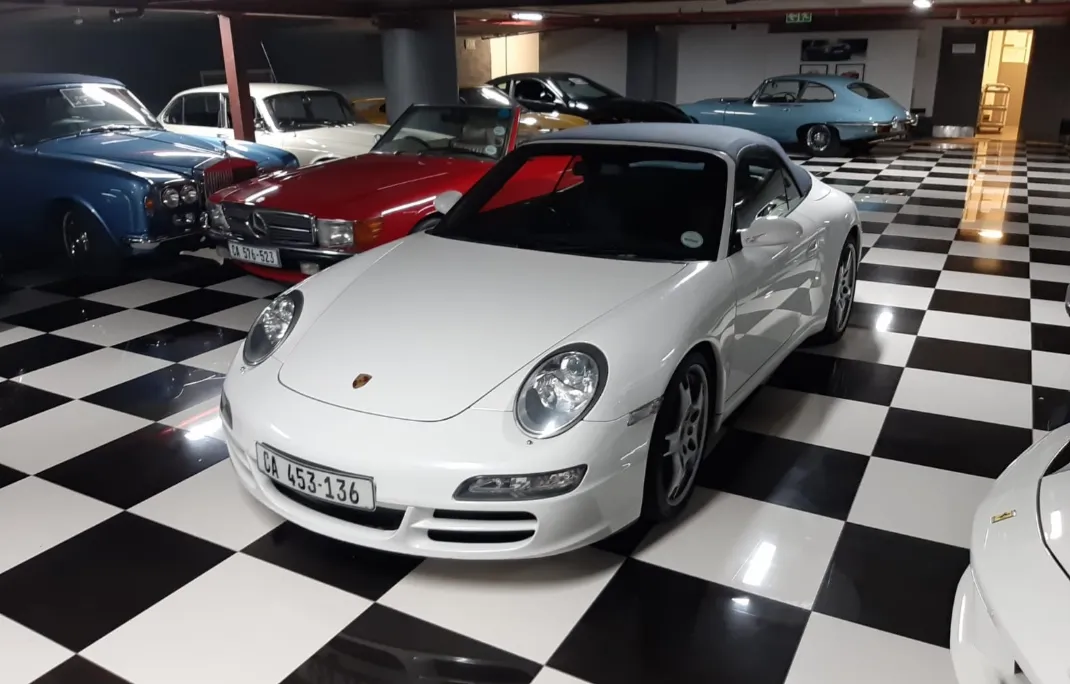
Online marketplaces and auction sites have become essential resources for diecast car collectors in Cape Town. Platforms like eBay and specialized diecast car websites provide access to a vast inventory of models. These platforms offer collectors convenience and the possibility of discovering rare and hard-to-find items. Online auctions provide the excitement of competitive bidding and the potential for securing a great deal. Collectors should be aware of the importance of verifying the seller’s reputation and thoroughly reviewing the model’s description and photos before making a purchase. Buying online allows collectors to expand their search beyond local shops and events. Online platforms provide a convenient and potentially cost-effective way to grow your collection.
The Value of Diecast Cars
The value of diecast cars varies considerably, influenced by factors such as rarity, condition, brand, and demand. Some models are worth a few dollars, while others can fetch thousands. The condition of the model is crucial, with mint-condition items commanding the highest prices. Rare or limited-edition models are often highly sought-after by collectors and can appreciate significantly in value. The brand plays a significant role, with established brands like Hot Wheels and Matchbox often holding their value well. Market demand and collecting trends also impact value, with certain models or types of cars becoming more popular over time. Researching the current market and understanding these factors is essential for accurately assessing the value of a diecast car collection.
Factors Affecting Diecast Car Value
Several factors contribute to the value of a diecast car. Rarity is a key factor, with limited-edition models or those produced in small quantities often commanding higher prices. Condition plays a huge role, with models in mint condition fetching the highest prices. The original packaging, including the box and any accompanying documentation, significantly impacts the value. Brand also influences value; some brands are highly regarded by collectors and hold their value better than others. Demand and market trends fluctuate over time, impacting the prices of specific models or types of vehicles. Vintage models, especially those from the early days of diecast car manufacturing, can be highly valuable. The interplay of these factors determines the ultimate value of a diecast car, making collecting both an investment and a hobby.
How to Appraise Your Collection
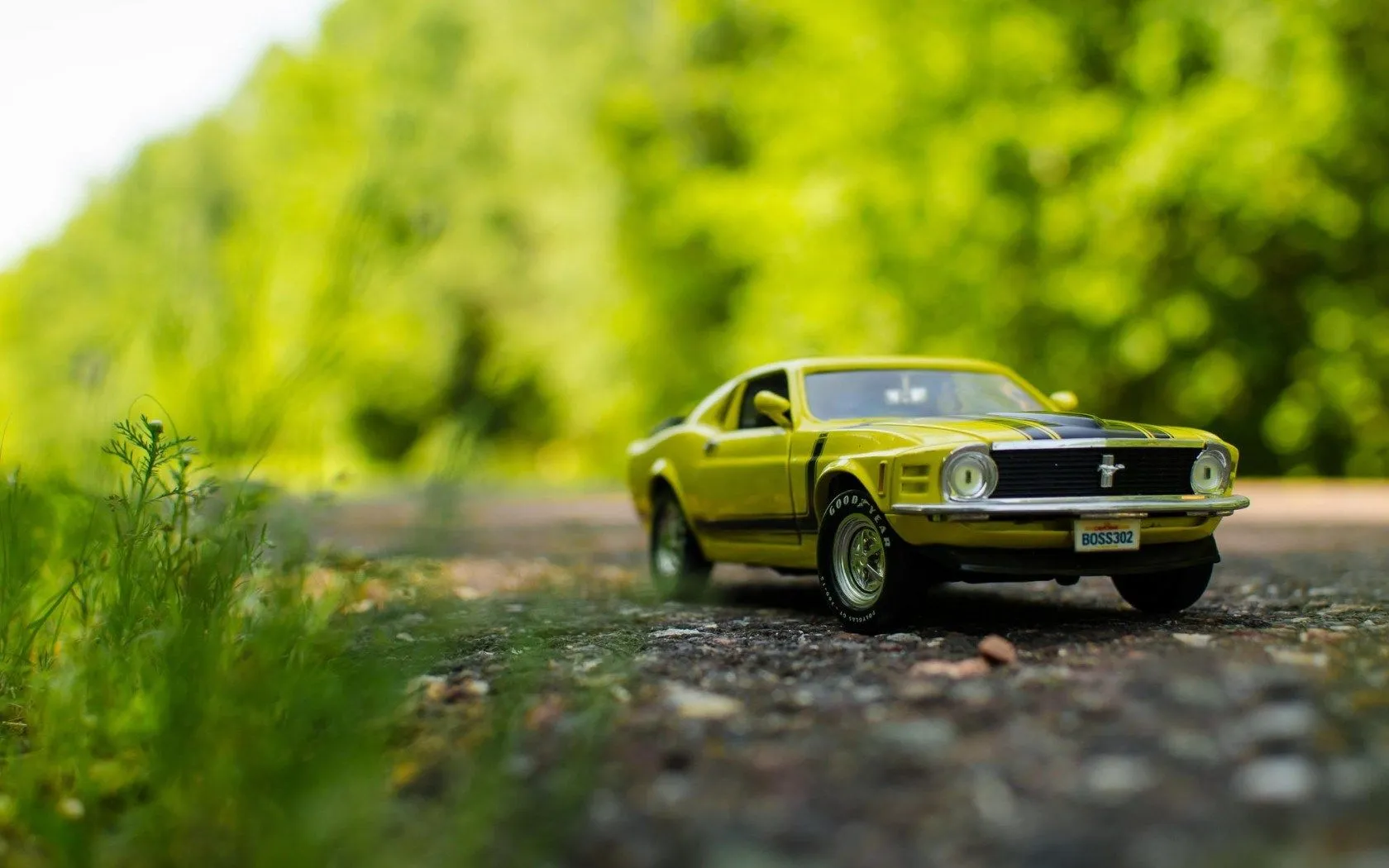
Appraising a diecast car collection involves several steps to determine its value. Researching the market is the first step, which involves understanding current prices for similar models. Checking online marketplaces, auction results, and collector forums can provide valuable insights. Evaluating the condition of each model is essential, as condition greatly impacts value. Assess the model’s paint, details, and whether any parts are missing or damaged. Identifying the brand, scale, and any special features or limited editions will help determine the model’s rarity. Consulting with diecast car experts or appraisers can provide professional guidance and ensure an accurate valuation. Keeping detailed records of each model, including its purchase price, condition, and any relevant information, is also important for appraisal and insurance purposes. Accurate appraisal helps collectors understand the value of their collection and make informed decisions.
Maintaining Your Diecast Car Collection
Maintaining a diecast car collection involves proper storage, display, and cleaning techniques. Protecting your models from environmental factors like dust, sunlight, and extreme temperatures is essential. Displaying your collection in a controlled environment, away from direct sunlight and moisture, will help preserve its condition. Cleaning your models regularly using soft cloths and appropriate cleaning solutions will prevent dust accumulation and keep them looking their best. Proper handling and careful storage can prevent damage. By following these guidelines, collectors can preserve their models and ensure they remain in excellent condition for years to come. Regular maintenance will help maintain the value and enjoyment of your collection.
Proper Storage and Display Techniques
Proper storage and display are critical for preserving the condition of diecast cars. Store models in a cool, dry place away from direct sunlight and extreme temperatures. Display cases with UV protection are an excellent option for protecting models from sunlight. Dust is a collector’s biggest enemy, so consider using display cases with covers or regular dusting. Arrange models in ways that prevent them from being knocked over. Consider the aesthetics of your display, arranging the models by brand, scale, or type. Ensure that the display area is stable and safe from accidental damage. Proper storage and display techniques will help preserve the value of your collection, allowing you to enjoy it for many years to come.
Cleaning and Preservation Tips
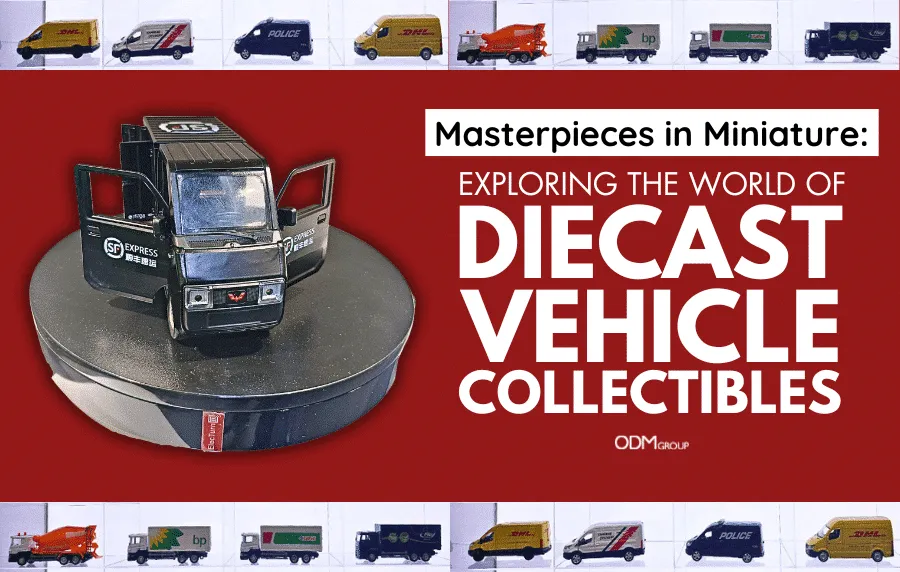
Regular cleaning and preservation are essential for maintaining the value and appearance of diecast cars. Dust your models regularly using a soft cloth or a specialized brush. Avoid using harsh chemicals or abrasive cleaners, as they can damage the paint and details. Use a mild soap solution and a soft cloth to clean stubborn dirt or grime. For delicate models, use compressed air to remove dust from hard-to-reach areas. Store your models in a controlled environment away from excessive moisture. Regularly inspect your models for any signs of damage or wear. By following these cleaning and preservation tips, you can keep your diecast cars in pristine condition, ensuring they continue to be a source of enjoyment for years to come.
The Community of Diecast Car Collectors in Cape Town
Cape Town boasts a vibrant community of diecast car collectors, providing opportunities for enthusiasts to connect, share their passion, and expand their knowledge. Local clubs and organizations host regular meetings and events, offering a platform for collectors to showcase their collections, trade models, and socialize with fellow enthusiasts. These gatherings provide a sense of belonging and the chance to learn from others. Car shows and swap meets bring collectors together, creating opportunities for finding rare items and expanding collections. Online forums and social media groups connect collectors, enabling them to exchange information and share their interest in diecast cars. This community provides a supportive environment for collectors of all experience levels, making the hobby even more enjoyable.
Local Clubs and Events
Local clubs and events play a vital role in fostering the diecast car collecting community in Cape Town. These clubs organize meetings, exhibitions, and social gatherings where collectors can connect. Club meetings often feature displays of members’ collections, presentations on different brands or scales, and opportunities to buy, sell, or trade models. Car shows and swap meets provide a platform for collectors to showcase their collections, find rare items, and connect with other enthusiasts. Participation in these events allows collectors to build relationships, learn from others, and contribute to the vibrant diecast car community. These local initiatives offer a fun and informative way to engage with the hobby.
Connecting with Fellow Collectors
Connecting with fellow collectors is a cornerstone of enjoying the diecast car hobby. Joining local clubs and attending events provides opportunities for meeting and networking with other enthusiasts. Online forums and social media groups are valuable resources for sharing information, asking questions, and connecting with collectors around the world. Participating in discussions and contributing to online communities is a great way to enhance your knowledge and learn from others. Exchanging tips, sharing finds, and engaging in discussions about the hobby will enrich your overall experience. Sharing your passion with others in the collecting community creates friendships and strengthens a shared appreciation of diecast cars, making it a much more enjoyable pursuit.
In conclusion, the world of diecast cars in Cape Town is a captivating blend of history, craftsmanship, and community. From the evolution of early models to the current diversity of brands and scales, diecast cars offer a unique and rewarding collecting experience. This guide provides insights into the history, brands, value, and the vibrant collecting community in Cape Town. Whether you’re a seasoned collector or a newcomer, the diecast car scene in Cape Town has something to offer everyone. Embrace the hobby, explore the offerings, and connect with the community to enrich your collecting journey. Happy collecting!
